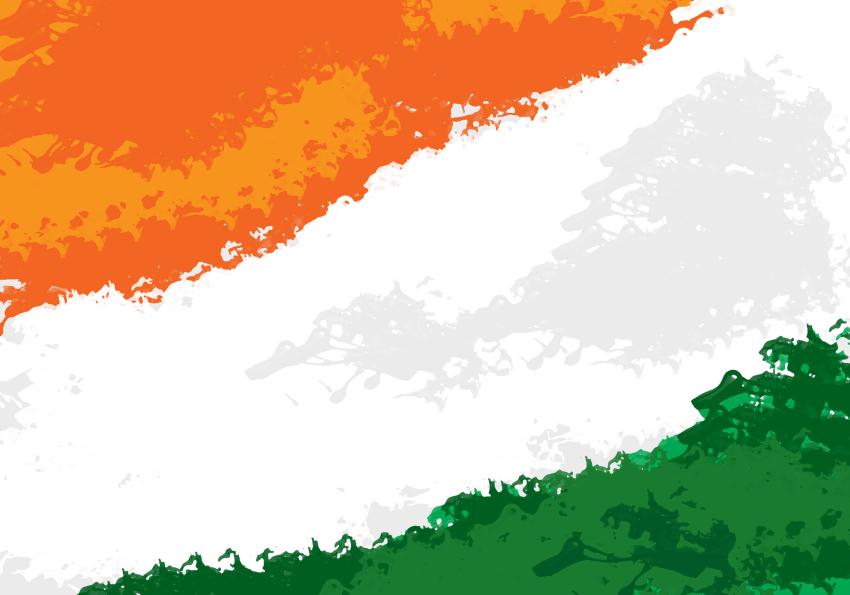India is a country that’s changing fast – yet it’s still known for its rigid caste system. Members of India’s lowest class were traditionally called “untouchables.”They’re now known as Dalits.
But despite the name change, and laws to protect them, Dalits say they still suffer widespread discrimination.
Caste-based divisions continue to dominate in housing, marriage, employment and general social interaction—divisions that are reinforced through economic boycotts and physical violence.
More than 165 million people in India continue to be subject to discrimination, exploitation and violence simply because of their caste.
India’s Untouchables are relegated to the lowest jobs, and live in constant fear of being publicly humiliated, paraded naked, beaten, and raped with impunity by upper-caste Hindus seeking to keep them in their place. Merely walking through an upper-caste neighborhood is a life-threatening offense.
Allowing caste discrimination to persist is shameful. We believe that affected governments in South Asia ought to take the lead in eliminating one of the largest and most serious human rights issue in the world today. India’s support for a UN framework would improve the country’s unimpressive human rights record and give hope to millions of victims of caste discrimination – not only in India itself, but around the world.
Conclusion :Dalits and indigenous peoples (known as Scheduled Tribes or adivasis) continue to face discrimination, exclusion, and acts of communal violence. Laws and policies adopted by the Indian government provide a strong basis for protection, but are not being faithfully implemented by local authorities.
– Pratiksha Trivedi




0 Comments